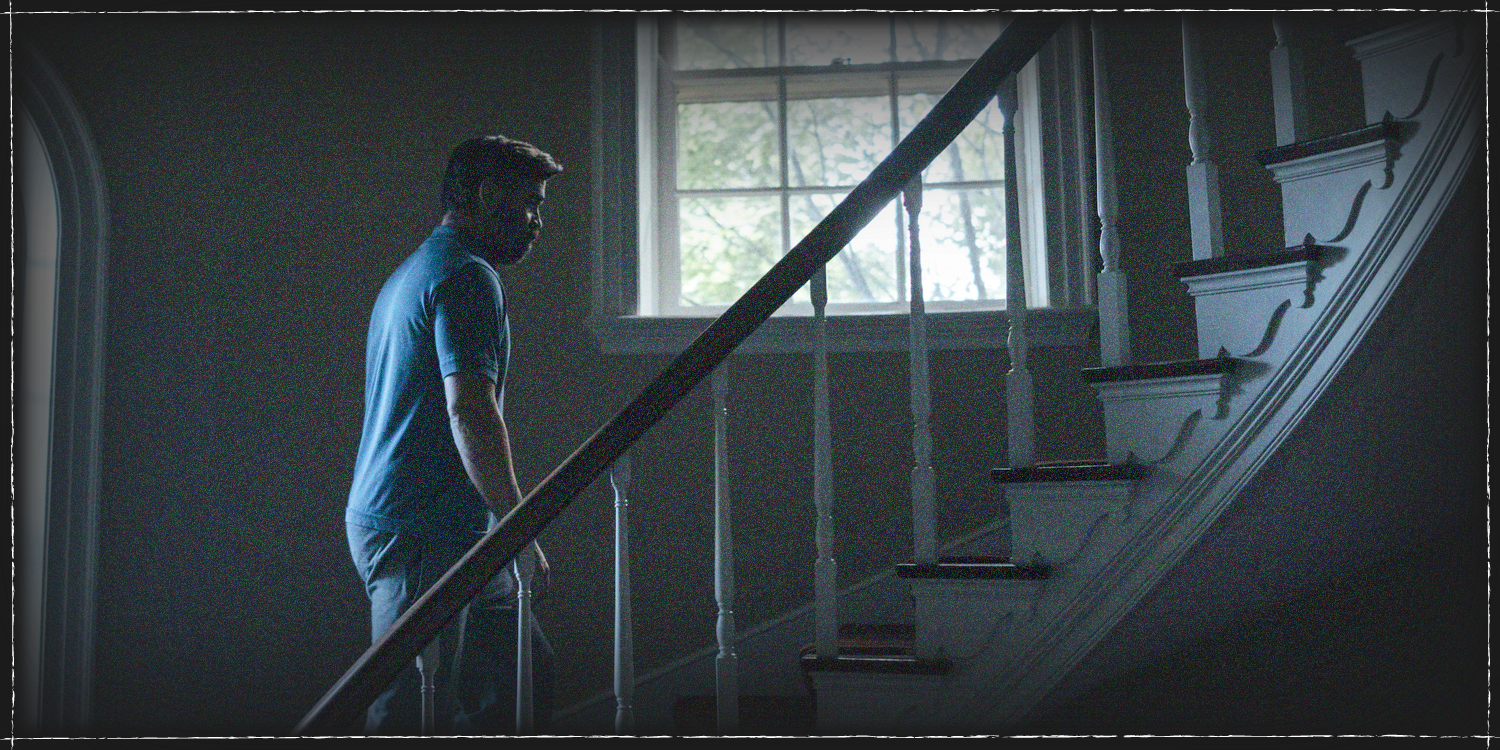This was a strange one - a slow burning, dark, beautifully surreal psychological horror story of guilt and a yearning for redemption. A specialist surgeon strangely drawn to the son of a former patient whom we discover has recently died after a failed operation, denies corporate responsibility, yet cannot escape from his own conscience, the knowledge that he was the cause of the patient’s death.
When his wife confronts him about his growing relationship with the boy he invites him to his home to meet his family where he charms them, eventually developing a relationship with the surgeon’s teenage daughter. The boy reciprocates the invitation, inviting the surgeon to his own home to meet his grieving mother. There, we get the first indications of the boy's sinister plan. He solicits the surgeon into having an affair with his mother, prompting the surgeon's first real outburst as he tells him he never wants to see him again. The boy then stalks the surgeon and his family and eventually calmly tells him that he must kill one of his own children in order to save the rest of his family, going on to describe in graphic detail what will happen if he fails to do such an act. Unsurprisingly, the surgeon doesn't believe him. But when his son suddenly lapses into paralysis he is at pains, first to understand how his child’s ailment came about and then to disprove the supposed curse. The surgeon and his wife, also a doctor, find that despite their pooled medical expertise, their son’s condition worsens and is further exacerbated when their daughter is stricken with the same impeachable condition. The sense of helplessness is palpable and the frustrated surgeon eventually takes matters into his own hands, his calm exterior shattering into uncontrollabe rage. Ultimately, as events unfold, the surgeon and his wife are forced to come to a horrific decision in order to save their family.
Anyone seeking a fully fledged psychological horror story need look no further than Yorgos Lanthimos’ fourth film since his global breakthrough, Dogtooth. Here, he displays in full his distinctive style exploring the post modern family in its cold and dispassionate form, digital, binary, existing purely to imitate the historical model of the institution.
Farrell is stupendous, subdued and hidden behind the mask of a large grey beard bearing a nonchalant expression that defies the algorithm of the human emotion grinding below the surface. He is conflicted and representative of the contradictions of his trade, or of society today, it’s reaching for the stars while standing on the shoulders of the needy. The boy, exceedingly well acted by young Barry Keoghan starts out in mysterious, quirky fashion but later begins to play out the sum of his character parts, his inimitable innocent demeanour giving way to a more abject weirdo persona when perhaps maintaining a more subtle approach might have led to a less obvious outcome for his character. Nicole Kidman, boringly credible as the surgeon’s doctor wife, gives an interesting turn in all her glory as a mundane, career wife living in her husband’s shadow whilst almost robotically bringing up two authentically played children in Sunny Suljic as the obstreperous son who refuses to get a haircut and Raffey Cassidy, brilliant as the lovelorn teenage daughter..
Lanthimos’ direction starts well enough but as we delve into the narrative, his choices tend toward obtrusion, breaking the fascination with the narrative. This may be intentional, designed to remind us that we are witnesses to a curated story and that perhaps we might lose our way in a comfortable commercial product if we engage too heavily with what’s unfolding on the screen- a filmmaker seeks to inform, not entertain. Or conversely, he is being painstakingly stubborn in attempting to be cinematic when he might unfurl himself from the film and allow the story to simply unfold, force prospective audiences to question as to what they might be seeing on the screen. A good example is Roman Polanski’s 1965 film, Repulsion which pushed the boundaries, yet was mesmeric in telling its story. Stylistically, it clearly may be an experimental step too far. That the direction is overbearing, the almost self-aware soundtrack signalling almost every significant plot point actually manifests a sense of frustration at being corralled in this way. Yet these malefactions do not take away from what is a brilliant story written by Lanthimos and Efthimis Filippou. The simple structure, reminiscent of an ancient Greek tragedy is played out in a modern context, wearing its allegory on its sleeve and placed in shifting genre. Although while watching this film, one was conscious of feeling the evolving, discordant, sometimes corsuscating rhythm transporting you along a less-than-smooth ride, this dark and mysterious film remains long in the memory.
By Mark.
The Killing of a Sacred Deer is released in UK cinemas on 3 November 2017 by Curzon Artificial Eye.


